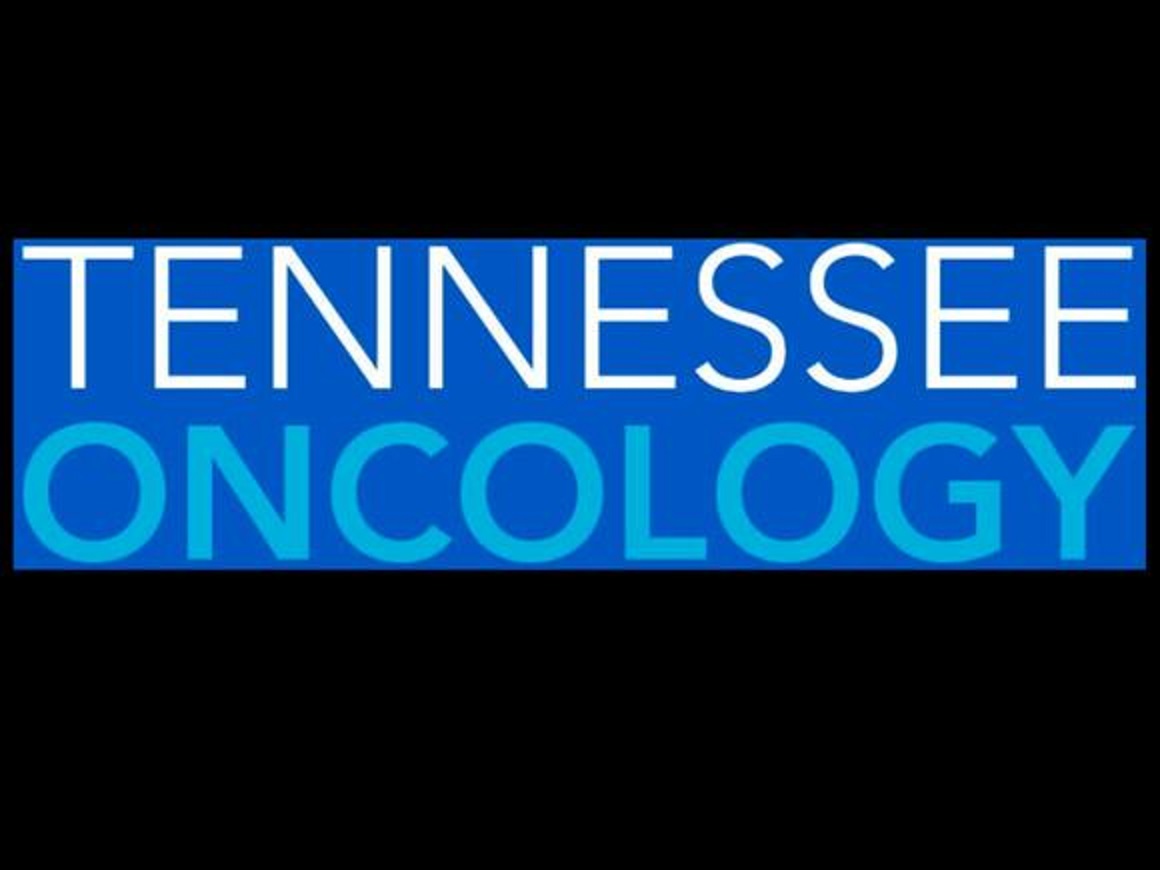
Tennessee Oncology is pioneering a community-led telehealth initiative to bridge the gap in cancer care access for rural communities. Through the NEST project, they aim to deliver supportive services via telehealth, leveraging collaborative partnerships and a participatory research approach. By addressing digital divide challenges and prioritizing community input, Tennessee Oncology seeks to enhance the quality of life for cancer patients in Middle Tennessee. With a focus on sustainability and scalability, the NEST project represents a transformative step towards equitable cancer care delivery.
Cancer presents multifaceted challenges, particularly for rural communities facing barriers to accessing supportive care services. Tennessee Oncology recognizes the critical need to expand telehealth solutions to address these disparities. Through the NEST project, they embark on a community-driven endeavor to enhance cancer care access in Middle Tennessee. By harnessing telehealth technologies and fostering collaborative partnerships, Tennessee Oncology aims to empower patients and caregivers with comprehensive support. This initiative reflects a commitment to equitable healthcare delivery and underscores the transformative potential of telehealth in rural cancer care.
Tennessee Oncology’s Initiative: Bridging Gaps in Cancer Care
Cancer, with its profound impact on patients and their loved ones, presents formidable challenges that extend beyond physical health. While advancements have been made in cancer treatment, the prevalence of this disease continues to rise, underscoring the need for comprehensive supportive care services. Recognizing this imperative, Tennessee Oncology has embarked on a collaborative endeavor with rural communities to enhance access to telehealth-supported cancer care services.
The Landscape of Cancer Care Access
The staggering statistics surrounding cancer incidence and mortality in the United States underscore the urgency of addressing gaps in cancer care access. Despite medical progress, the National Cancer Institute projects a significant increase in cancer prevalence by 2024, emphasizing the ongoing demand for comprehensive care solutions.
Leveraging Telehealth for Enhanced Supportive Care
Telehealth emerges as a transformative tool in expanding access to cancer care services, particularly in rural areas where traditional access barriers persist. By harnessing telehealth technologies, healthcare providers can deliver a spectrum of supportive services ranging from counseling to nutritional guidance, thereby bolstering patients’ quality of life.
Unveiling the NEST Project: A Vision for Change
Inception and Objectives of the NEST Project
The genesis of the NEST (Navigated, Embedded, Supportive Care, Via Telehealth) project stems from Tennessee Oncology’s commitment to address the disparity in supportive cancer care access. Supported by a grant from the Tennessee Department of Health, the NEST project endeavors to pioneer a telehealth-centric approach to three essential supportive care services in Middle Tennessee.
Identifying Digital Divide Challenges
Despite the promise of telehealth, rural communities grapple with a myriad of digital divide challenges, impeding their access to vital supportive care services. Limited access to smartphones, technology literacy gaps, and inadequate broadband infrastructure compound the issue, leaving many patients underserved.
Crafting a Community-Driven Solution
The NEST program adopts a community-based participatory research approach, prioritizing the voices and experiences of those it seeks to serve. By establishing community advisory boards comprised of cancer patients, survivors, caregivers, and advocates, Tennessee Oncology fosters collaborative dialogue to shape a tailored telehealth solution.
Development and Implementation Strategies
Orchestrating Collaborative Partnerships
Central to the NEST program’s success is the cultivation of collaborative partnerships with stakeholders across Middle Tennessee. By engaging with local communities and leveraging the expertise of academic institutions such as the University of Alabama at Birmingham, Tennessee Oncology ensures a holistic and sustainable approach to program development.
Building Trust Through Relationship-Building
Recognizing the importance of trust and rapport in community engagement, Tennessee Oncology prioritizes relationship-building efforts. Through ongoing dialogue, focus groups, and transparent communication, the NEST team fosters meaningful connections with community members, laying the foundation for sustainable collaboration.
Iterative Program Development and Evaluation
The NEST program’s development unfolds iteratively, guided by continuous feedback from community advisory boards and focus groups. This participatory approach ensures that the program remains responsive to evolving community needs and preferences. Moreover, rigorous evaluation measures, including health metrics and patient satisfaction assessments, enable ongoing refinement and optimization of program delivery.
Charting a Path Towards Sustainable Impact
Projecting Future Milestones
As the NEST program progresses, Tennessee Oncology remains steadfast in its commitment to sustainability and scalability. By cultivating a network of empowered community partners and refining best practices, the program aims to establish a lasting legacy of equitable cancer care access across Middle Tennessee.
Envisioning the Future of Telehealth in Cancer Care
Looking ahead, the potential of telehealth to revolutionize cancer care delivery is boundless. Through ongoing innovation and community engagement, Tennessee Oncology seeks to unlock new possibilities for enhancing the cancer care journey, particularly for underserved rural populations.
Tennessee Oncology’s NEST project exemplifies a pioneering approach to rural cancer care, rooted in community engagement and telehealth innovation. By prioritizing collaboration and inclusivity, this initiative holds the promise of narrowing access gaps and improving patient outcomes. As the program evolves, Tennessee Oncology remains dedicated to sustainability and scalability, envisioning a future where every cancer patient receives the holistic support they deserve. Through ongoing innovation and partnership, the NEST project embodies the transformative potential of telehealth in shaping a more equitable landscape of cancer care delivery.
